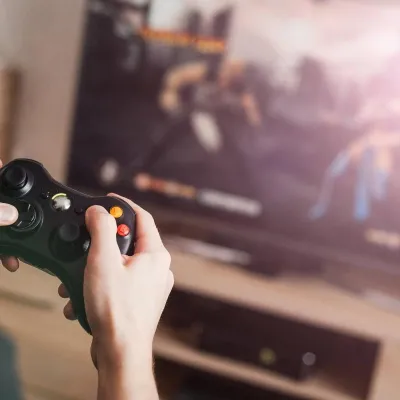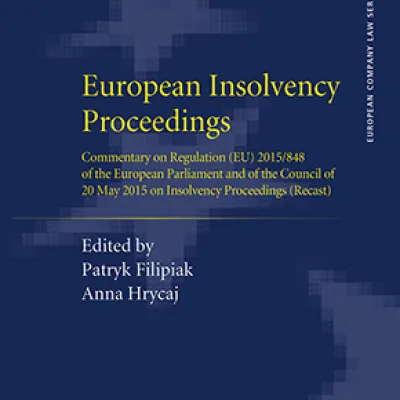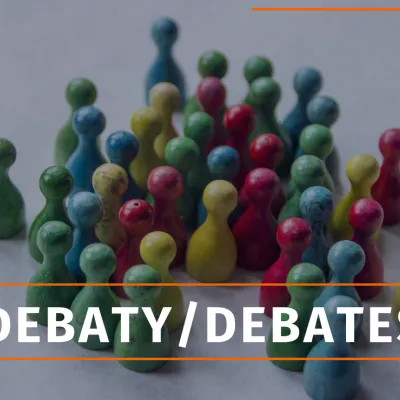Wynik wyszukiwania
Nie znaleziono pasujących wyników.
Aktualności 105 wyników
We discussed the latest changes in the world of online entertainment, namely a ruling by a Chinese government organization that limits online play time for young people to three hours a week. The new rules ban online gaming outside of these hours and limit online gaming time for under-18s to one hour in the evening on Fridays, weekends, and public holidays. Responsibility for ensuring that children play only three hours a week falls largely on Chinese game companies such as NetEase and Tencent. The rules do not include penalties for individual players.
At Lazarski Univeristy we observe the world. We sometimes follow trends and we often start our own. We discuss what is going on and we evaluate. We are now going to debate the recent development in the world of online entertainment: Chinese government has issued a new policy that limits online video game playing time for young people to three hours a week: one hour between 8 p.m. and 9 p.m. on Friday, Saturday and Sunday most weeks.
We are excited to announce a new book 'European Insolvency Proceedings Commentary on Regulation (EU) 2015/848 of the European Parliament and of the Council of 20 May 2015 on Insolvency Proceedings (Recast)’, edited by Anna Hrycaj & Patryk Filipiak
In the academic year 2021/2022, classes will be held in a hybrid mode, i.e. part of the courses included in the curriculum will be conducted at the University campus and part remotely.
The spring semester was quite busy, it came and went incredibly fast and now it’s the time for a short recap of the debates that took place during its course. There were three of them altogether and were kept in the online mode except for the medical Round Table Debate which was organized at the University premises (in a strict sanitary regime of course).






